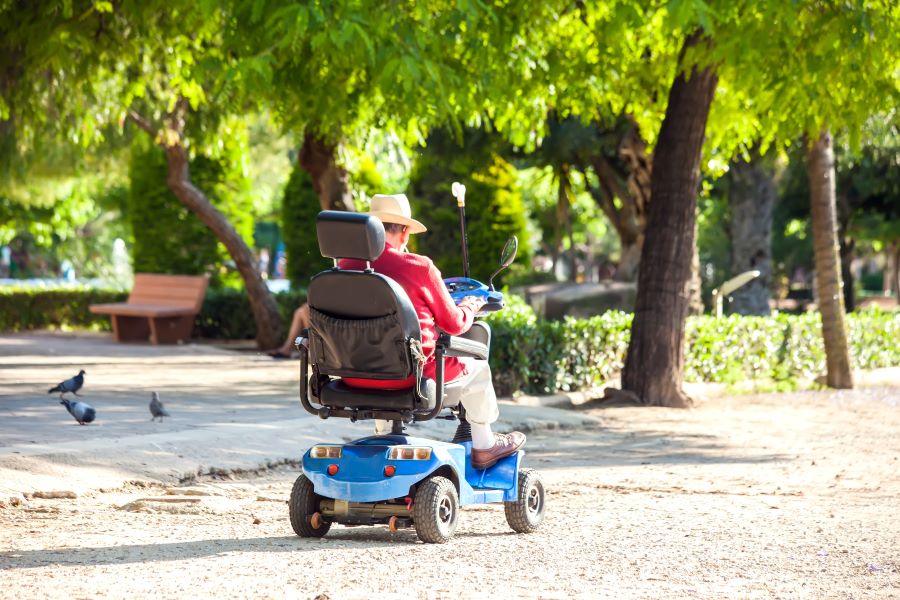Solar-Powered Modular Homes for Kiwi Seniors – A Smart Way to Downsize
As retirement approaches, many Kiwis are rethinking their living arrangements. Prefabricated modular homes are becoming an increasingly popular option for seniors looking to downsize without giving up comfort, independence, or sustainability. These compact, modern dwellings offer affordable housing solutions designed with practicality in mind—ideal for retirees seeking a low-maintenance lifestyle in a well-planned space.

Smart Living with Energy-Efficient Features
Solar-powered modular homes represent a significant advancement in sustainable living options for New Zealand’s senior population. These dwellings typically feature photovoltaic panels that capture abundant Kiwi sunshine, converting it into electricity to power household operations. Beyond solar capabilities, these homes incorporate comprehensive energy-efficient elements including superior insulation, double-glazed windows, LED lighting systems, and smart thermostats that automatically adjust temperature settings. Many designs also integrate passive solar principles, orienting windows and thermal mass to naturally regulate indoor climate throughout New Zealand’s seasonal variations, substantially reducing heating and cooling requirements while maintaining comfortable living conditions year-round.
Designed for Comfort and Mobility
Modern prefabricated homes for seniors prioritize accessibility throughout their design process. Standard features often include single-level floor plans eliminating stairs, wider doorways accommodating mobility aids, and zero-threshold entrances for seamless transitions. Bathrooms typically feature walk-in showers with grab bars, raised toilets, and non-slip flooring to enhance safety. Kitchens incorporate adjustable-height countertops, easy-access cabinetry, and ergonomic appliance placement. These thoughtful design elements allow seniors to age in place comfortably, maintaining independence while minimizing the risk of household accidents. The customizable nature of prefab construction means homes can be further adapted to address specific mobility requirements or health concerns of individual residents.
A Cost-Effective Housing Alternative
Modular construction provides significant financial advantages compared to traditional building methods. The factory-based manufacturing process reduces material waste, minimizes weather-related delays, and requires fewer labor hours than conventional construction. For seniors on fixed incomes, this translates to substantial upfront savings. Additionally, the energy-efficient features inherent in solar-powered modular homes generate ongoing savings through reduced utility bills. Many New Zealand homeowners report electricity bill reductions of 50-80% after transitioning to solar power. When combined with the lower maintenance requirements of new construction, these homes represent a financially sustainable option for retirement living with predictable long-term costs.
Turnkey Prefab Solutions for Hassle-Free Transitions
The turnkey approach of prefabricated housing significantly simplifies the downsizing process for seniors. Rather than managing complex construction projects, buyers typically work with specialized prefab companies offering comprehensive services from design through delivery. Most providers offer customizable base models that can be modified to suit specific needs while maintaining the efficiency of modular construction. The streamlined process typically involves site assessment, design finalization, factory construction, and on-site installation—all managed by a single company. This coordinated approach minimizes the stress commonly associated with building or renovating homes, an important consideration for older adults transitioning to new living arrangements.
Modular Home Options and Cost Considerations for Kiwi Seniors
The New Zealand market offers various prefabricated housing solutions specifically designed for seniors. Several established providers have developed specialized models incorporating accessibility features and solar technology. Understanding the available options and their associated costs helps seniors make informed decisions about this significant investment.
| Provider | Base Model Size | Key Features | Estimated Cost Range |
|---|---|---|---|
| Lockwood Homes | 65-120 m² | Solar-ready design, wide doorways, level access, timber construction | $180,000-$350,000 |
| Genius Homes | 50-100 m² | Fully solar package, wheelchair accessible layouts, heat pumps | $160,000-$290,000 |
| Keith Hay Homes | 45-90 m² | Customizable accessibility features, energy-efficient design, transportable | $140,000-$270,000 |
| eHaus | 70-120 m² | Passive house certification, integrated solar, aging-in-place design | $230,000-$420,000 |
| Fraemohs Homes | 60-110 m² | Solid timber construction, customizable accessibility, solar options | $170,000-$320,000 |
Prices, rates, or cost estimates mentioned in this article are based on the latest available information but may change over time. Independent research is advised before making financial decisions.
Environmental Benefits Beyond Energy Savings
Beyond the immediate advantages of reduced energy bills, solar-powered modular homes offer significant environmental benefits aligning with New Zealand’s sustainability goals. The controlled factory environment where these structures are built minimizes construction waste compared to traditional building methods, with many manufacturers achieving 50-80% waste reduction. Materials are precisely measured and excess components often recycled within the production facility. Additionally, the prefabricated approach typically results in reduced transportation emissions as fewer vehicle trips are needed to complete construction. When combined with solar power generation and energy-efficient design, these homes can substantially reduce a household’s carbon footprint—an increasingly important consideration for environmentally conscious seniors who want their housing choices to reflect their values.
The transition to solar-powered modular housing represents a practical solution for New Zealand seniors looking to downsize without compromising on comfort, independence, or environmental responsibility. These innovative dwellings combine accessibility features with sustainable technology, creating homes that are well-suited to the changing needs of older adults while offering long-term financial and ecological benefits. As the population continues to age and housing affordability remains a concern across the country, these prefabricated options provide a compelling alternative to conventional retirement living arrangements.




